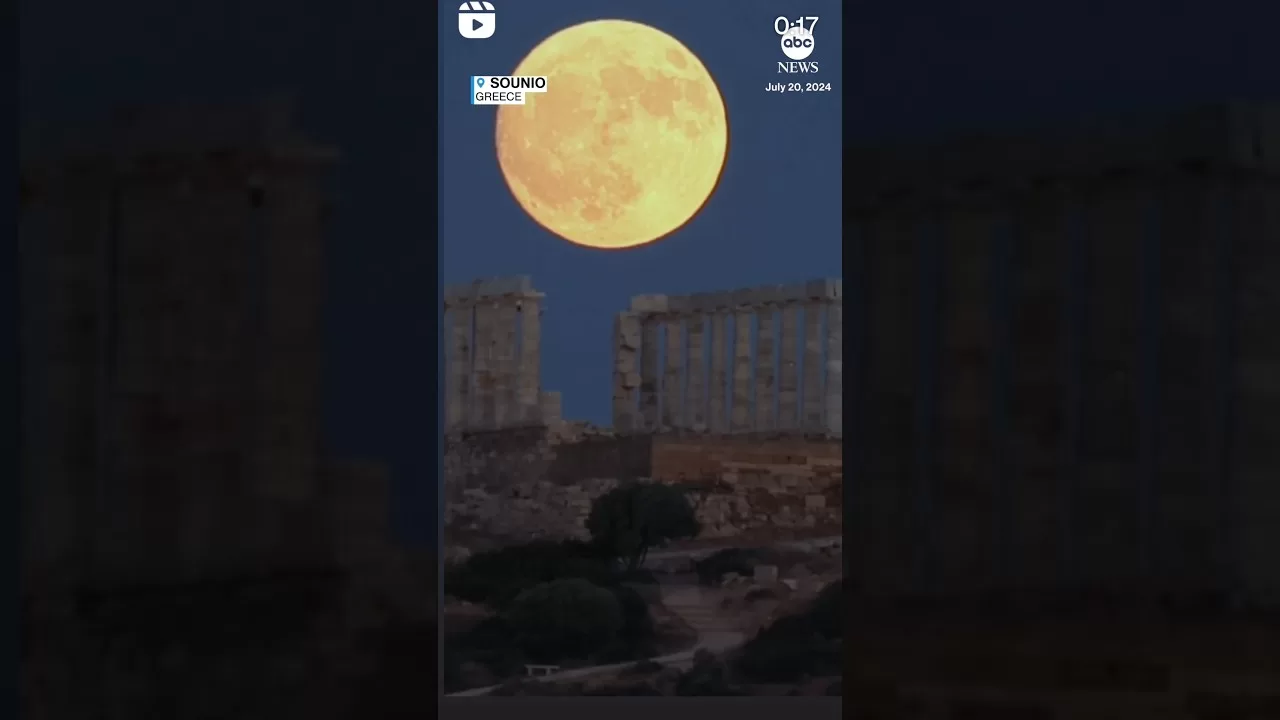
The full moon has been an important phenomenon in ancient Greek culture and mythology. Here are some interesting facts about the full moon in ancient Greece:
1. *Lunar Cycle*: The ancient Greeks were aware of the lunar cycle and the full moon was considered a significant event.
2. *Mythological Significance*: The full moon was associated with the gods, particularly Selene (the goddess of the moon) and Artemis (the goddess of the hunt).
3. *Festivals and Rituals*: The full moon was celebrated with festivals and rituals, such as the Eleusinian Mysteries and the Festival of Artemis.
4. *Agricultural Significance*: The full moon was important for agricultural purposes, as it marked the optimal time for planting and harvesting crops.
5. *Calendar System*: The ancient Greeks used a lunisolar calendar system, which was based on the cycles of the moon and the sun.
6. *Astrological Significance*: The full moon was believed to have astrological significance, influencing human affairs and emotions.
7. *Philosophical Significance*: Philosophers like Aristotle and Plato wrote about the full moon’s significance in their works.
Some ancient Greek words related to the full moon are:
– *Πανσέληνος* (Panselēnos) meaning “full moon”
– *Σελήνη* (Selēnē) meaning “moon”
– *Ἀρτέμις* (Artēmis) meaning “Artemis”, the goddess of the hunt and the moon
#greece #fullmoon #moonshots
source


0 responses on "Full Moon over ancient Greece #viralvideo #shorts"